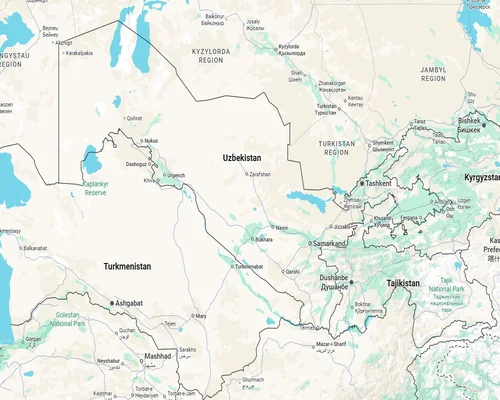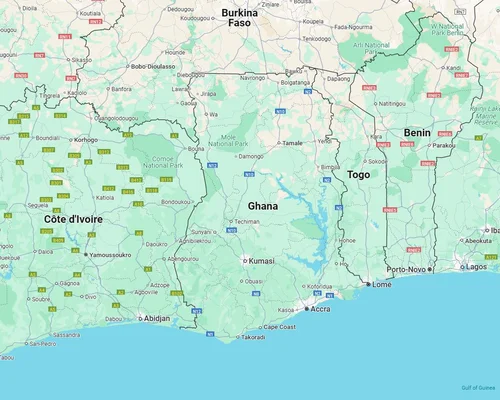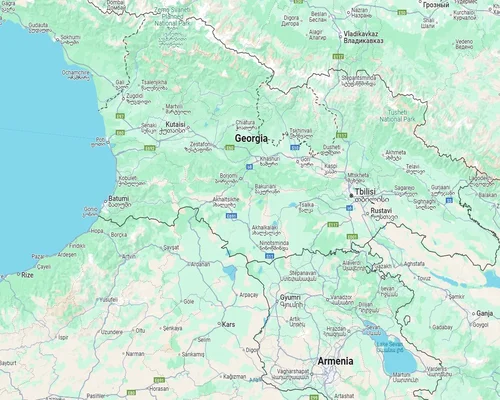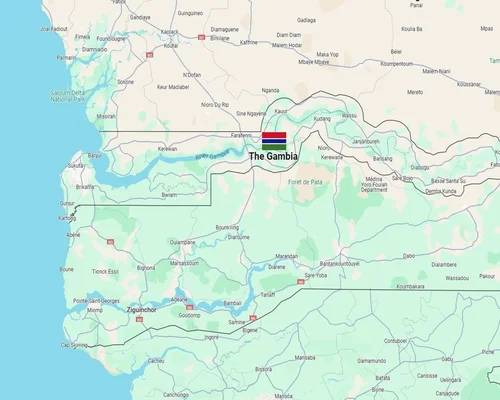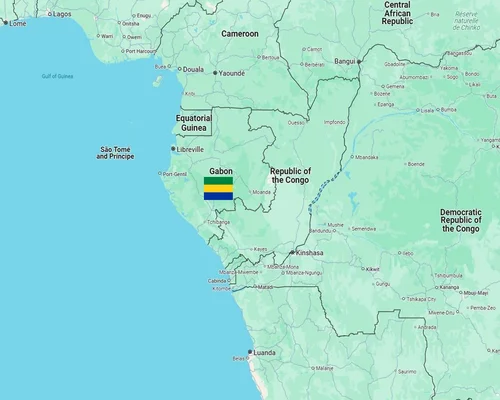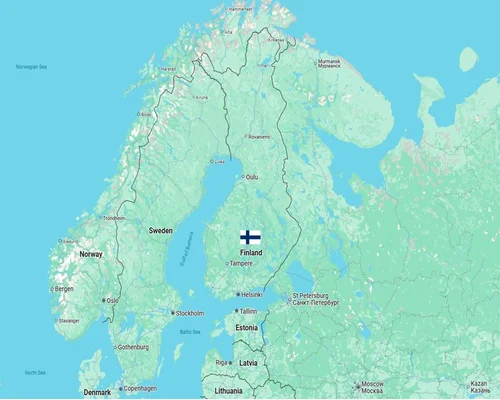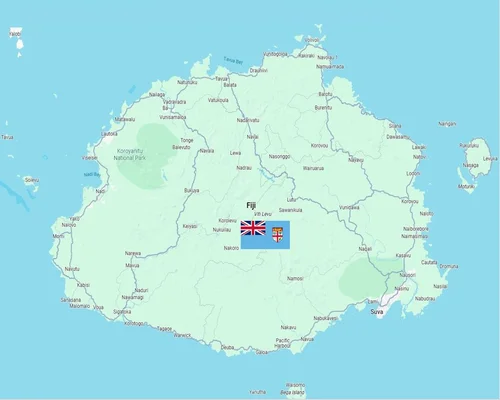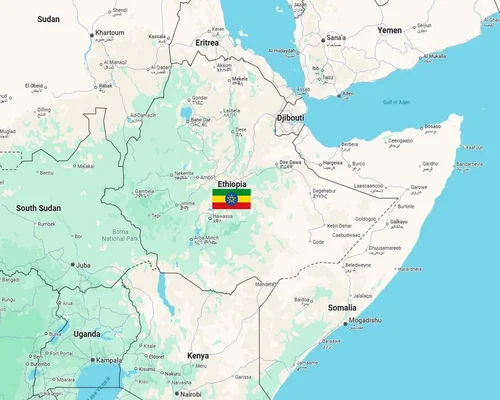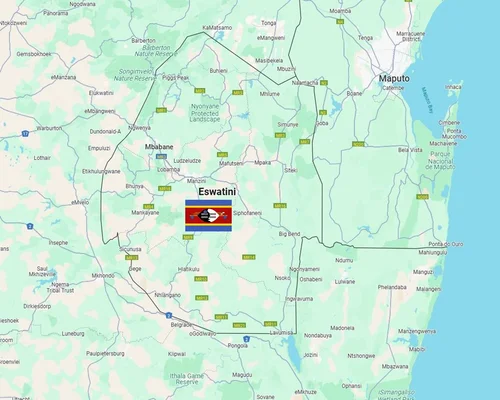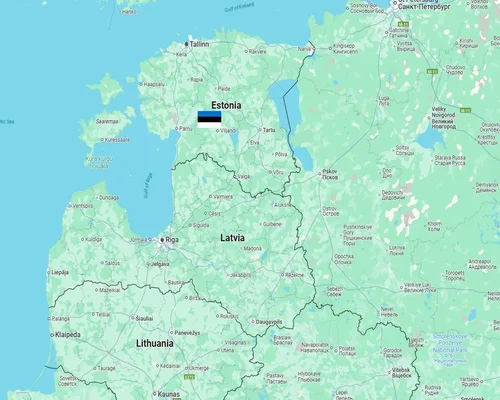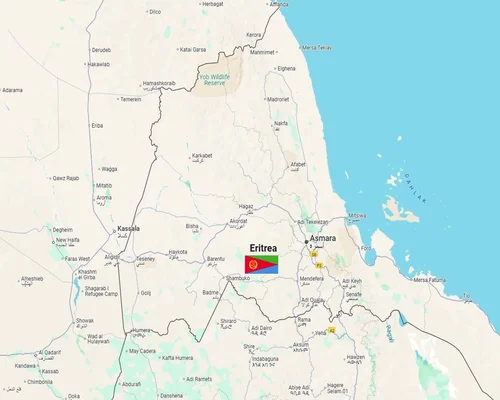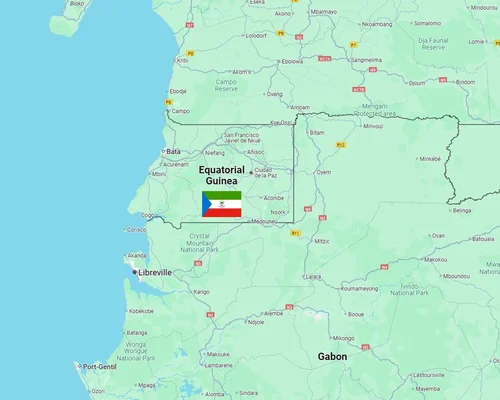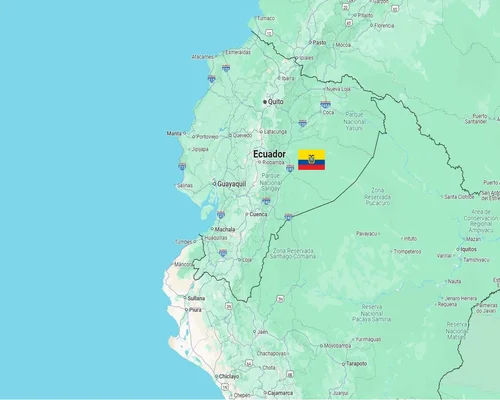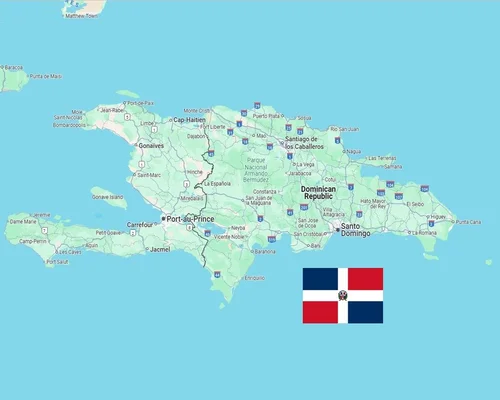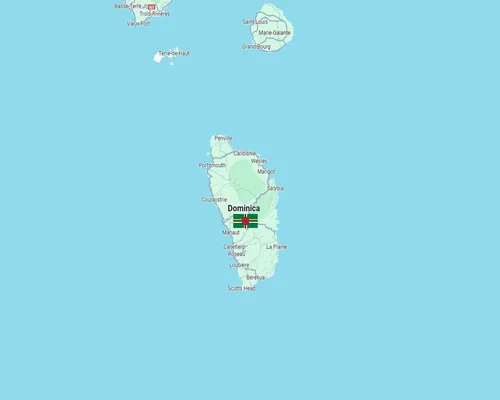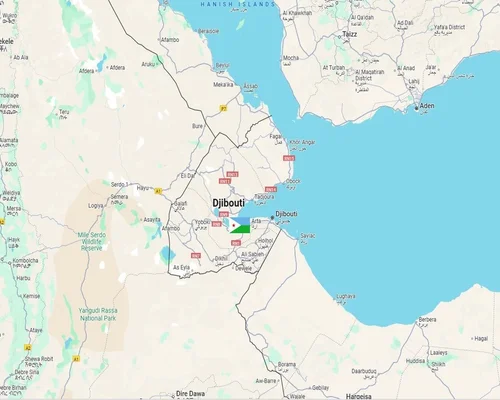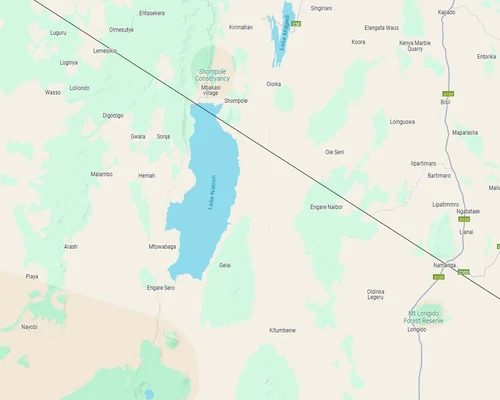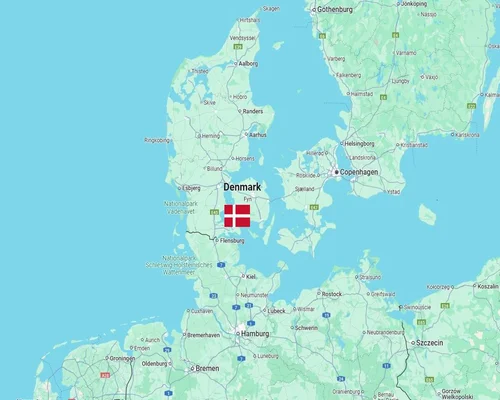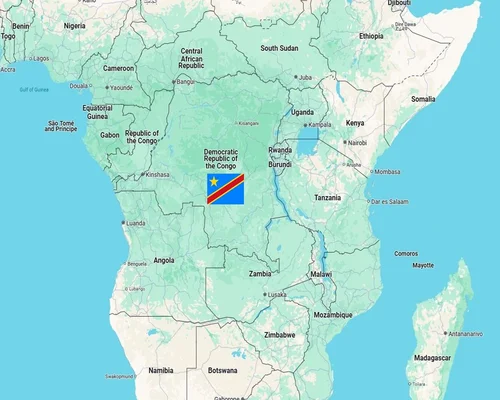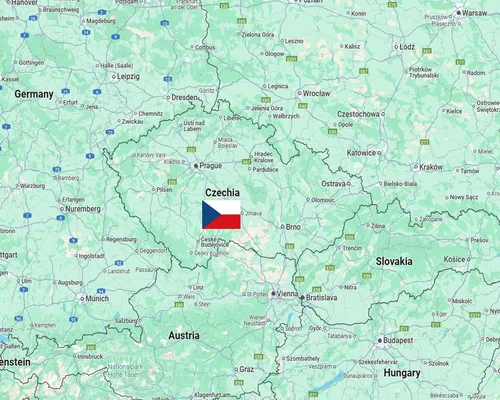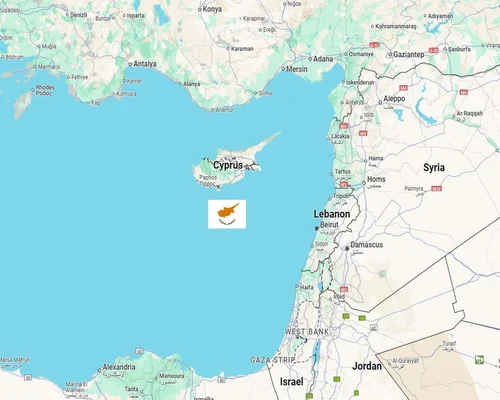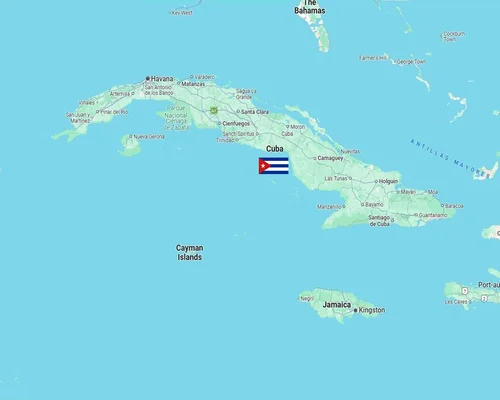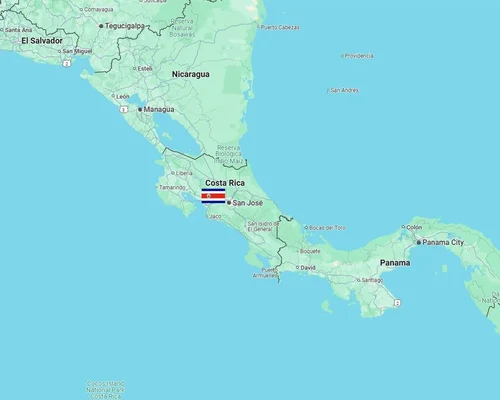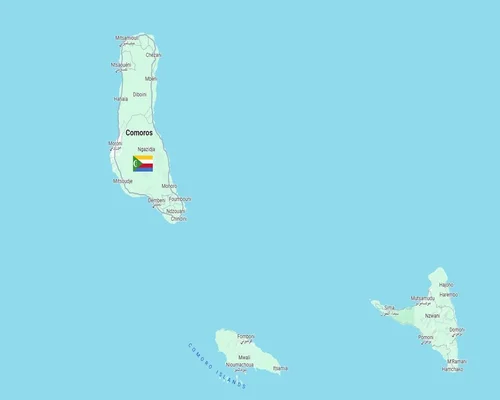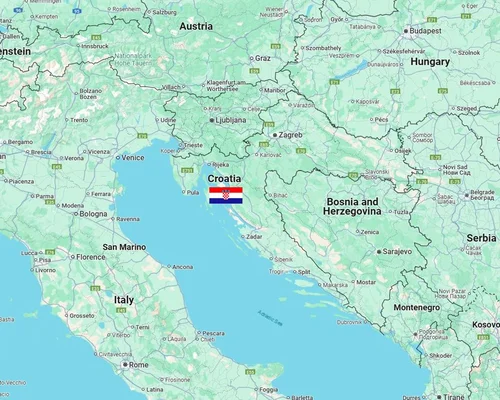
Facts about Croatia
Facts about Croatia
Important facts about Croatia:
General information:
Country name: Republic of Croatia
Capital: Zagreb
Official language: Croatian
Currency: Euro (EUR) (formerly Croatian kuna - HRK, euro introduced in 2023)
Area: 56,594 square kilometers
Population: About 3.85 million (2024 est.)
Religion: Predominantly Roman Catholic (about 86%)
Government system: Parliamentary democracy
Geographical location:
Continent: Europe
Location: In southeastern Europe, in the northwestern part of the Balkan Peninsula.
Borders:
North: Slovenia and Hungary
East: Serbia and Bosnia and Herzegovina
Southeast: Montenegro
West: Adriatic Sea
History:
Foundation: Settled by Croat tribes in the 7th century.
Part of the Empire: Part of the Austro-Hungarian Empire and later part of Yugoslavia.
Declaration of Independence: Gained independence from Yugoslavia on June 25, 1991.
EU Membership: Joined the European Union on July 1, 2013.
NATO Member: Joined in 2009.
Economy:
Main sectors:
Tourism (main source of GDP).
Agriculture (grapes, olives, wheat).
Industry and construction.
Exports: Chemicals, ships, electronics, and food products.
Challenges: Unemployment and depopulation.
Culture and Heritage:
Language and Literature: Croatian language and medieval literary heritage.
Festivals and Events:
Dubrovnik Summer Festival.
Split Summer Festival.
Food:
Seafood, grilled meats, olive oil and local wine.
Popular dishes: Peka, black risotto, starska palacinka.
Tourist Attractions:
Dubrovnik: Known as the "Pearl of the World", a UNESCO World Heritage Site.
Split: Diocletian Palace in the Roman Empire.
Plitvice Lakes National Park: Famous for its picturesque waterfalls and lakes.
Hvar Island: Popular for its beaches and nightlife.
Krka National Park: Beautiful rivers and waterfalls.
Zagreb: Historical architecture and modern culture.
Special features:
Mediterranean climate: warm in summer and mild in winter.
Seaside: crystal clear waters of the Adriatic Sea and over 1,000 islands.
Sports: Football is very popular. Runner-up in the 2018 FIFA World Cup.
Environment and nature:
Famous for its biodiversity and has 8 national parks.
Conclusion:
Croatia attracts tourists from all over the world for its natural beauty, historic architecture and beaches. In addition to being one of the most popular tourist destinations in Europe, it is also a country rich in culture and tradition.

